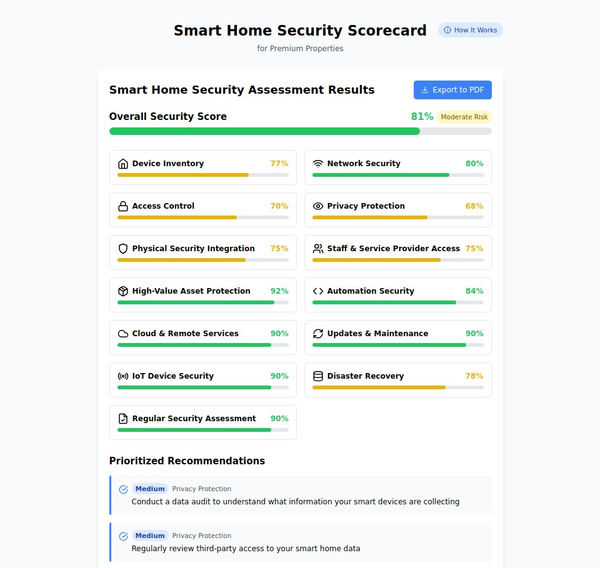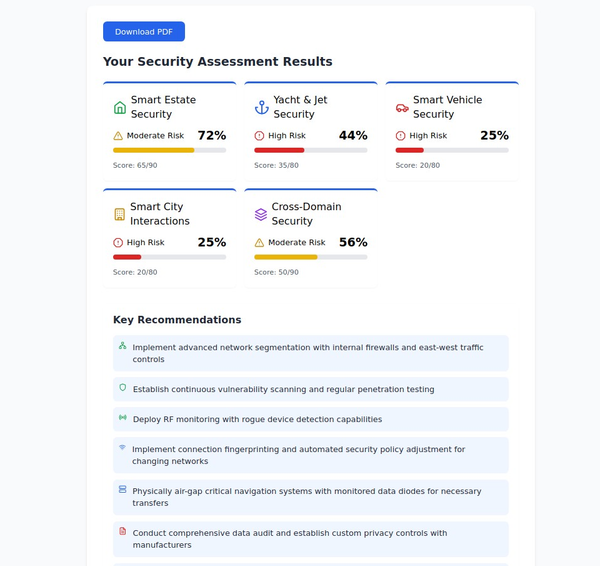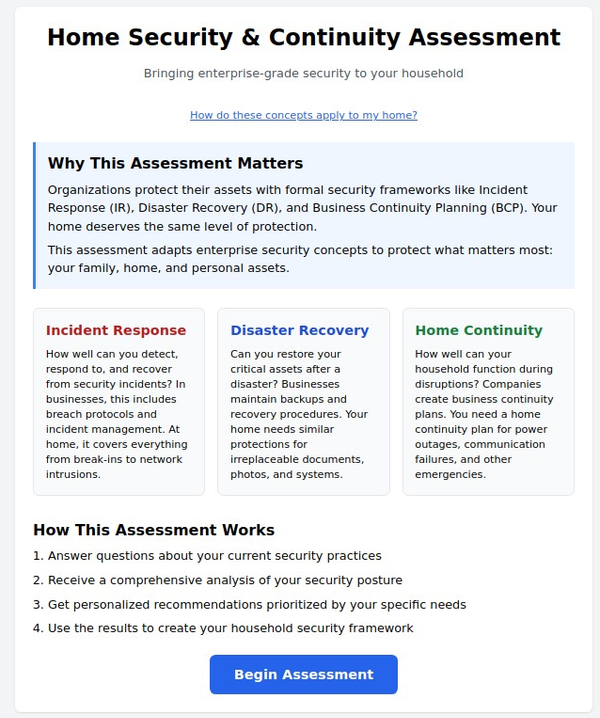IoT Device Patching: Why It's Crucial for Home Security

The Internet of Things (IoT) has revolutionized the way we interact with our homes. From smart thermostats to connected cameras, IoT devices offer unprecedented convenience. However, this convenience comes at a cost: security. One often-overlooked aspect of IoT security is device patching. This article delves into why keeping your IoT devices updated with the latest security patches is crucial for home security.
Introduction
As IoT devices become increasingly integrated into our daily lives, the security risks associated with them also rise. One of the most effective ways to mitigate these risks is through regular device patching. Ignoring updates can leave your devices—and by extension, your home—vulnerable to attacks.
Why Is Patching Important?
1. Fixing Vulnerabilities
Manufacturers release patches to fix security vulnerabilities that could be exploited by hackers. Ignoring these patches leaves your devices open to attacks.
2. Enhanced Features
Patches often come with new features or improvements that enhance device functionality, in addition to security upgrades.
3. Compliance
For some devices, staying updated is a requirement for warranty or insurance purposes.
Challenges in IoT Device Patching
1. Fragmented Ecosystem
The IoT landscape is vast and fragmented, making it challenging to manage updates across different devices and manufacturers.
2. User Apathy
Many users ignore update notifications, either due to a lack of awareness or the inconvenience associated with the update process.
3. Downtime
Some updates require the device to restart, causing temporary loss of functionality.
Effective Patch Management
1. Scheduled Updates
Set your devices to update automatically at a time when you're least likely to be affected by potential downtime.
2. Centralized Dashboard
Use a centralized IoT management dashboard to keep track of all your devices and their update statuses.
3. Vendor Communication
Stay in touch with device vendors to be informed about upcoming patches and what they entail.
Real-World Consequences of Ignoring Patches
Ignoring patches can have severe consequences. For example, unpatched smart cameras could be hacked to spy on your home, and outdated smart locks could be easily bypassed.
Best Practices for Home Users
1. Regular Monitoring
Regularly check for updates for all your IoT devices.
2. Vendor Research
Before purchasing a new IoT device, research the vendor's history of security updates and customer support.
3. Community Engagement
Join online forums or communities related to IoT security to stay updated on the latest threats and solutions.
Conclusion
IoT device patching is not just an optional maintenance task; it's a critical component of your home's overall security posture. By understanding its importance and implementing effective patch management strategies, you can significantly reduce the security risks associated with your IoT devices.





